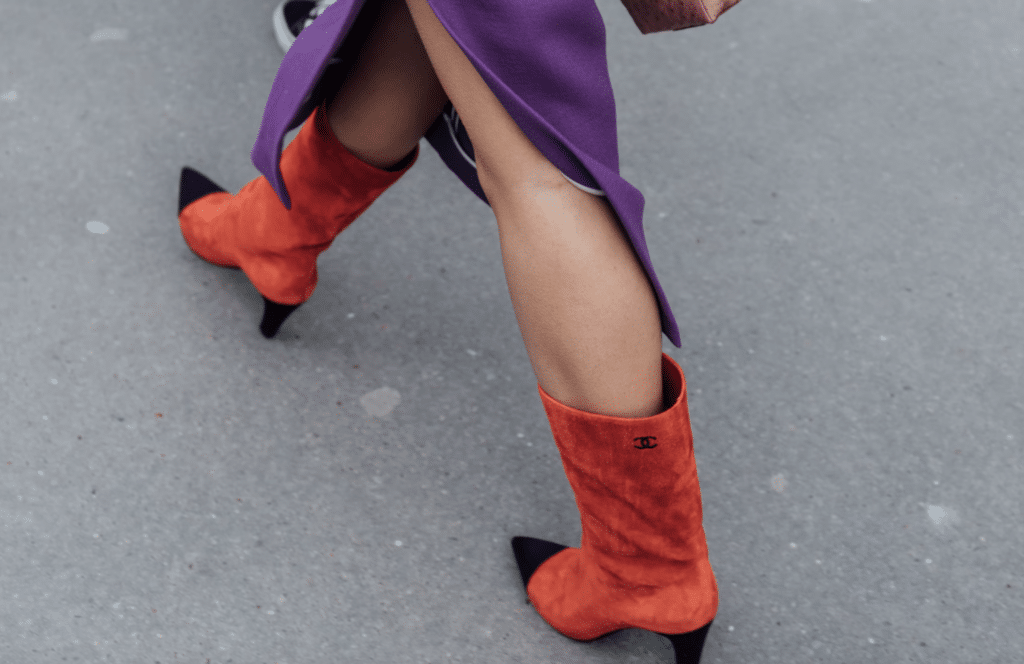Four months after filing for bankruptcy protection, Forever 21 has reached a tentative deal. According to a filing with a U.S. bankruptcy court in Delaware, the fast fashion giant is seeking approval to name Simon Property Group, Brookfield Property Partners, and Authentic Brands “as the lead, stalking-horse bidders in an auction” for its assets, per CNBC. The deal, which is subject to rival bids until Friday, will see the three retail-centric companies pay $81 million in exchange for assets, including those of Forever 21 subsidiary brands, such as Riley Rose, and its e-commerce platforms.
The consortium of companies vying for Forever 21 – two of which, Simon Property Group and Brookfield Property Partners, are Forever 21’s biggest landlords and among its largest creditors – is certainly an interesting one. CNBC notes that in 2016, Simon Property Group and mall owner General Growth Properties, which is now owned by Brookfield Property Partners, “teamed up to rescue embattled teen apparel retailer Aeropostale” after it filed for bankruptcy. “The two were part of a group that ultimately won an auction to buy the Aeropostale brand out of bankruptcy court, salvaging its real estate.”
Meanwhile, Authentic Brands – the brand management firm that maintains a wide roster of fashion and apparel companies, ranging from Juicy Couture and Judith Leiber to Jones New York, Volcom, and Aeropostale – made headlines recently when it won a battle for the assets of ailing department store chain Barneys New York. As part of a $270 million-plus deal in October 2019, Authentic Brands and B. Riley Financial Inc. acquired Barneys New York’s assets, and entered into a subsequent arrangement in furtherance of which Hudson’s Bay Co. agreed to license the iconic Barneys name and other intellectual property for use in connection with its Saks Fifth Avenue business.
Launched in 1984 by Korean businessman Do Won Chang, Forever 21 helped pioneer the early wave of fast fashion, bringing trendy, runway-inspired garments and accessories to consumers for cheap. The privately-held Los Angeles-headquartered company swiftly transformed into a retail force, with a sweeping real estate footprint – i.e., more than 800 stores – in the U.S. and beyond, and annual revenues reaching $4.4 billion at its peak in 2015.
However, as of last year, the reality for the once burgeoning fast fashion titan was starkly different. In its September 2019 filing with a bankruptcy court in Delaware, Forever 21 revealed that both its assets and liabilities are in the range of $1 billion to $10 billion in light of the rise and steady dominance of online shopping, which has significantly cut foot traffic to malls and brick-and-mortar stores.
“High debt levels and rent costs have burdened traditional retailers” like Forever 21, CNN stated in September. While CNBC noted that an emphasis on more sustainable shopping habits has “caught on with the younger generation, who put increased focus on the impact of the clothes they buy on the environment.”
Still yet, as we have noted in connection with Forever 21’s fall from grace, a handful of newer online fast fashion retailers, such as digitally native entities like Fashion Nova, Missguided, and Boohoo, have been beating the early fast fashion giants at their own game. Manchester, UK-headquartered Boohoo, for instance – which is known for “always bringing something new with over 100 new products dropping on the daily, bringing you the latest looks for less,” according to its website – revealed this fall that its annual revenue was growing faster than it anticipated, while fellow British brand Missguided also pointed to rising sales.
Since its bankruptcy filing in September, Forever 21 has “struggled to raise money to exit bankruptcy,” per Bloomberg, “with potential lenders and buyers balking because of poor sales and the founding Chang family’s insistence on maintaining control.”
In a statement on Monday, a rep for the retailer said, “Once approved, the agreement [with Simon, Brookfield, and Authentic] will allow Forever 21 to come out of bankruptcy, keeping its headquarters, stores and E-commerce operations open, providing fashions and trends that customers know and love for years to come.”











